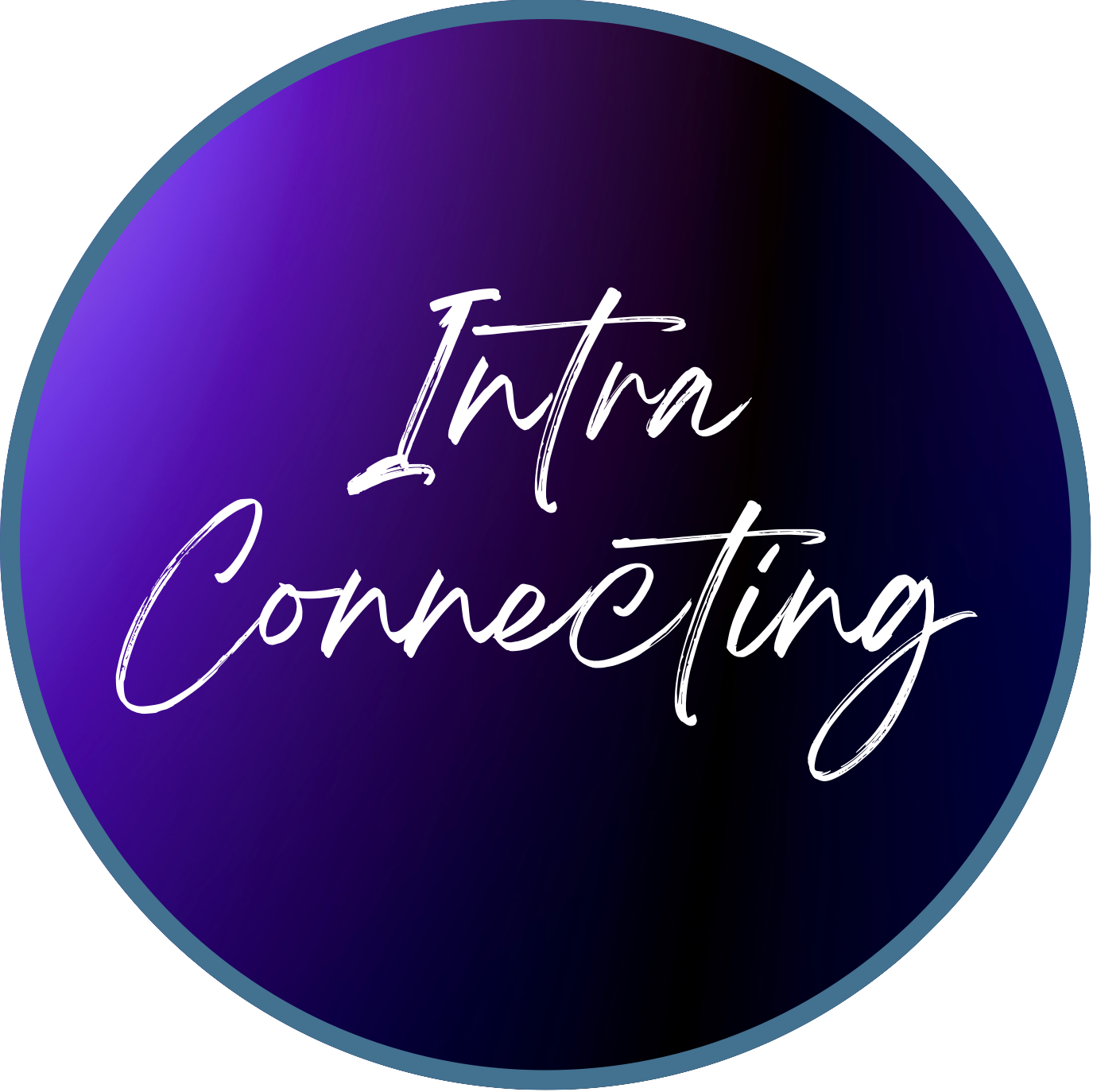Beyond right and wrong
Exploring Rumi’s Field
This is one of my favourite quotes, and one that's used often in NVC circles. I'm usually averse to rehashing content that I see regularly, but this speaks to the essence of what NVC means to me!
Nonviolent Communication is so much more than a means of expressing ourselves.
NVC is more than a communication tool
Yes, it's a set of tools that helps us communicate authentically and effectively.
Yes, it provides skills that we can apply to our lives to improve and deepen our connections.
Yes, it helps us navigate conflict and create healthier, more harmonious relationships.
Yes, it teaches us to listen on a whole other level, helps us understand other people and make sense of their behaviour.
Yes, it shows us what matters to us, and helps us steer our lives towards the things we long for the most.
AND
NVC is a paradigm shift
As Rumi says, right and wrong are just ideas. But our modern world is built upon these concepts, and we often think of them as though they're reality, rather than just ideas.
So many of our stories and movies are based on the premise of heroes and villains, good guys and bad guys.
These ideas are so ingrained that often we don't even notice how easily we slip into trying to figure out who's right and who's wrong in any given situation.
Picture this: you and your partner have just got home from work. One of you is exhausted, wants to switch off for the evening, and suggests getting a takeaway. The other's worried about how much money you've both been spending recently, and suggests one of you cooks while the other cleans the kitchen. Who's right here? Who's wrong?
The answer, of course, is that no one's 'wrong'. Each person is trying to meet their own needs.
Everything we do is an attempt to meet a need
But so often we get caught up trying to get others to see things our way. We get defensive. We try to justify ourselves. We convince ourselves our way is somehow better, more 'right'. We start to believe the other person is 'wrong'.
And far too often, these seemingly innocuous exchanges escalate out of all proportion, and before we know it we're in full-blown conflict, or else we're pulling away from each other and harbouring resentment.
One thing I’ve become aware of through practising NVC is how subtle and pervasive this way of thinking can be, and the many varied ways that we habitually cast others as ‘wrong’:
All the judgemental thoughts, blame, and criticisms.
All our ideas about what others ‘should’ be doing, and the ways that they’re somehow failing to measure up to whatever arbitrary standard we’ve decided is ‘right’ in this situation.
I like to think of myself as standing out in Rumi’s field, beyond ideas of right and wrong. But so often, before I know it, I catch myself assuming that I know better than someone else!
Beyond right and wrong
And that’s partly why I think of this way of being in the world as a paradigm shift. And one of the reasons I consider learning NVC to be a lifelong journey, and not just a set of tools that you can pick up and put down.
I really long for a world where we all recognise and care for our shared humanity. Where we interpret other people’s behaviour, not as ‘right’ and ‘wrong’, but as very understandable attempts to get their needs met.
Want to learn more?
Intrigued? Come and learn with us!
Or if you want more of my thoughts on this topic, here’s me performing a poem I wrote which explores similar themes.
written by Mel White

